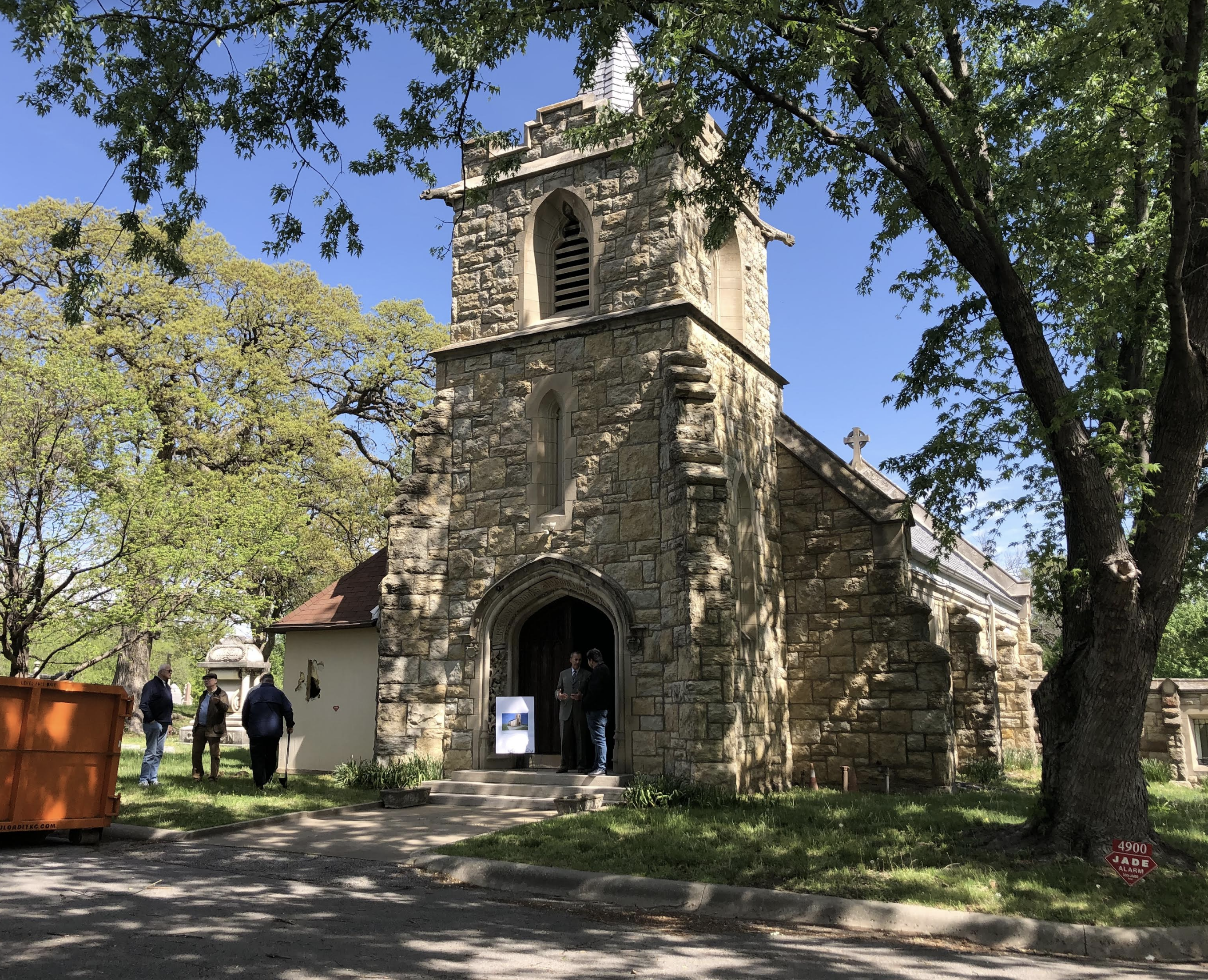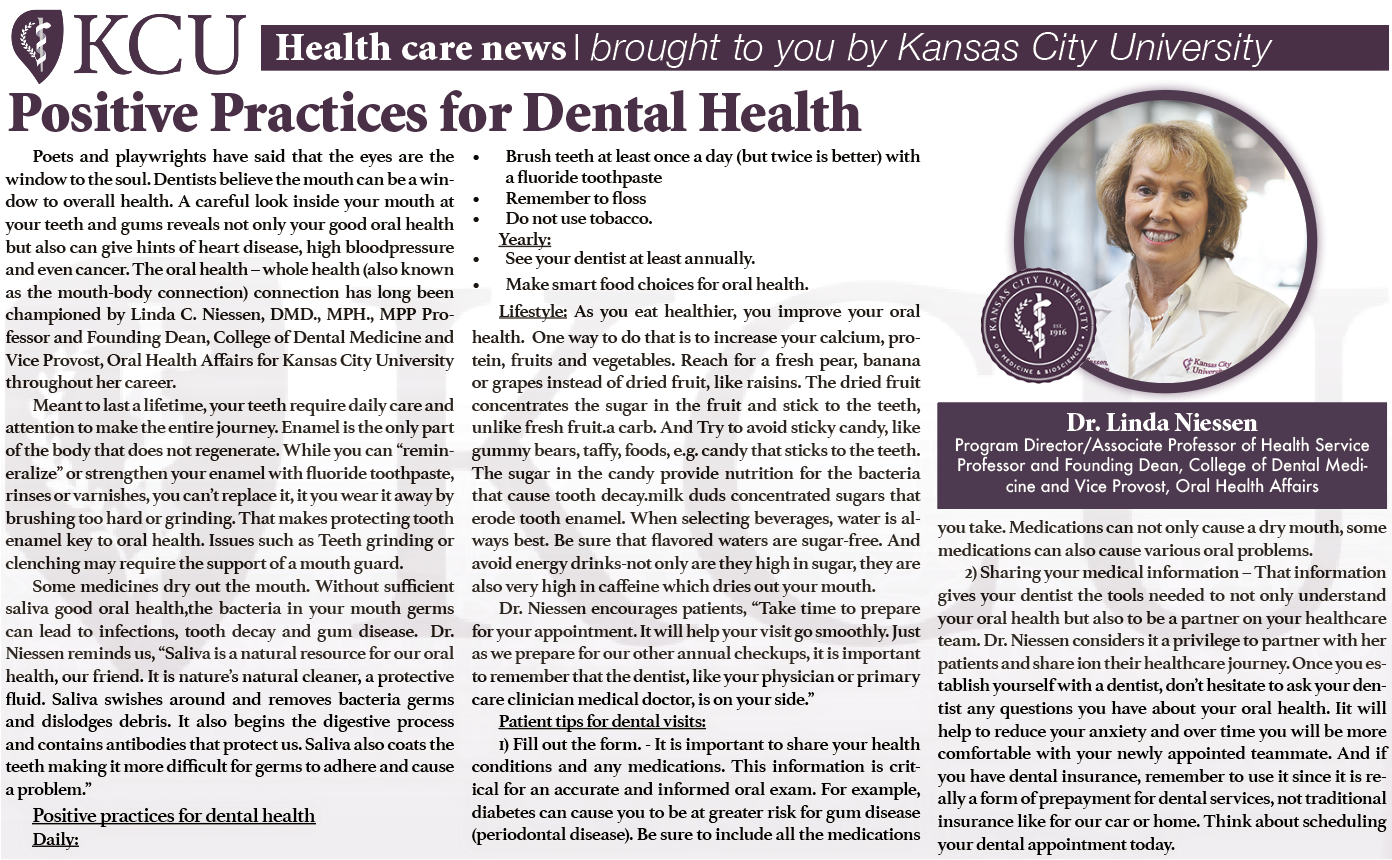
Abby Hoover
Managing Editor
Dr. Martin Luther King Jr. may soon be honored with a street in Kansas City after numerous attempts in recent years.
On August 25, the Southern Christian Leadership Conference of Greater Kansas City (SCLC-GKC) made a formal recommendation to the City of Kansas City, Mo. Board of Parks and Recreation Commissioners during public comment.
The group presented their recommendation to rename the “major compilation of thoroughfares” now known as Blue Parkway starting at 55th Street, Swope Parkway and Volker Boulevard in honor of King.
The group’s support for this location is grounded in the principles they have embraced since they inaugurated this effort at the community’s request several years ago, a letter from Rev. Vernon Percy Howard Jr., president of the SCLC-GKC, to Commissioner Chris Goode said.
The location spans a “major quantity” of east-west miles through the City, which has always been an important factor to the group.
“This artery assures direct exposure of the iconic Dr. Martin Luther King Jr. Blvd. to Black Lives, more particularly Black children, who suffer the most in our City from a lack of African American cultural and historical landmarks and education that bolster their sense of value, esteem and worth,” the letter said.
This location is within the “One City” Central City Economic Development Sales Tax boundary, which SCLC-GKC assisted the Urban Summit of Kansas City in successfully passing into law. The 2017 initiative provides more opportunity for leveraging investment and strengthening Black-owned businesses, which inherently fosters job creation, economic uplift and sustainability on the East side of Kansas City.
The thoroughfare’s compilation contains boulevards, which Howard said lends to the sustainability of infrastructure, beatification and upkeep, assuring the beauty and aesthetics of such a historically significant major artery of the city.
“Last fall Mayor [Quinton] Lucas tasked the Parks Board of Commissioners with finding a way to honor Dr. King,” according to a statement from the department. “The current pandemic put a halt to the department’s plans to engage residents in works, however it did not halt progress on this topic.”
Parks commissioners and staff continued to meet with community groups to continue to seek ways to honor King.
Under the City of Kansas City Charter’s Article X, after the board agrees upon a name, public notice of the recommended name will occur twice during a 30-day period. Citizen comments and recommendations must be made in writing to the Director of Parks and Recreation Teresa Rynard, and must be postmarked within the 30-day public notice period or provided in testimony before the board during the same period.
After the 30-day public notice period, the director may request the board consider a resolution supporting the renaming of the Parks asset.
Two public hearings will be scheduled, and the information will be posted at kcparks.org.
In January 2019, the City Council voted 8-4 to rename The Paseo to Dr. Martin Luther King Jr. Boulevard, but when put to a city-wide vote nine months later, nearly 70% of voters were in favor of the original name returning.
The city previously estimated that it would cost $60,000 to change the signs to Dr. Martin Luther King Jr. Boulevard, including labor and materials. The city then estimated that it would cost around $40,000 to put back The Paseo signs. At the time of their removal, Mayor Quinton Lucas said the city would save the signs for later use.
Both the new terminal at Kansas City International Airport and 63rd Street were previously recommended as options for honoring King by a committee tasked with studying the issue.
After J.C. Nichols’ name was removed from Mill Creek Parkway and a fountain at Mill Creek Park, the location was suggested to honor King, but the department ultimately restored the parkway to its former name.
Kansas City has a park named after King located at Woodland Avenue and Swope Parkway, but Kansas City remains one of the only major metropolitan areas in the country without a street named for the civil rights leader.


















